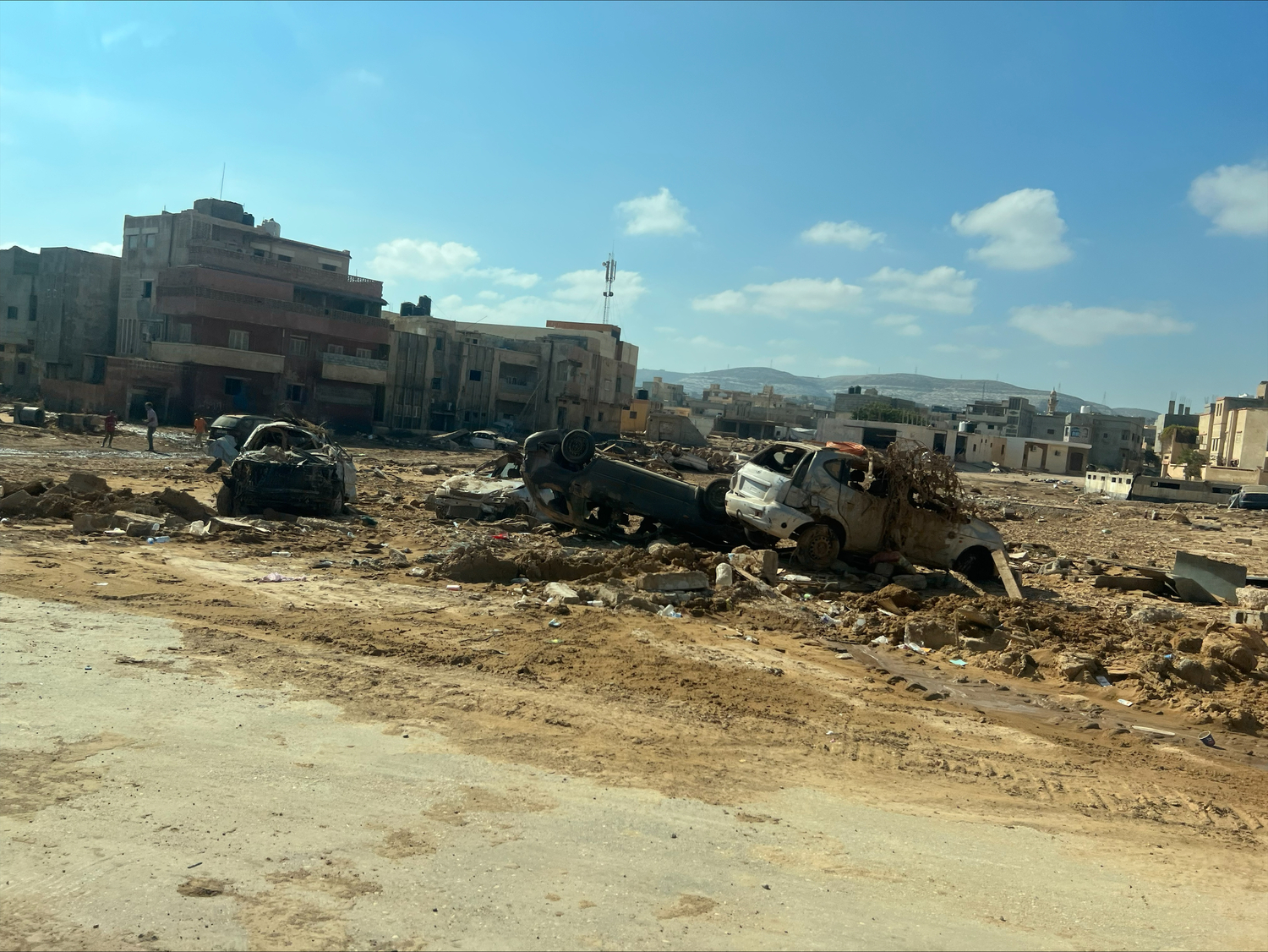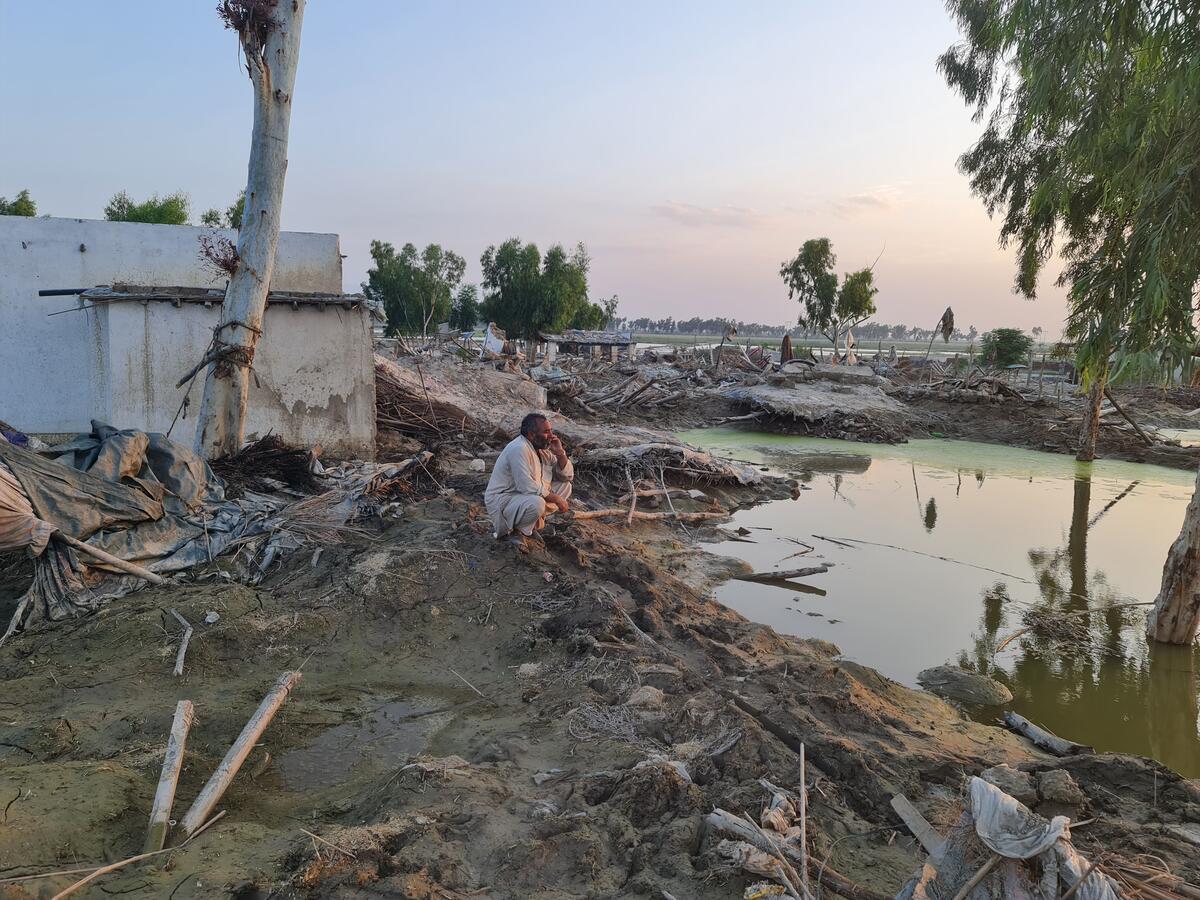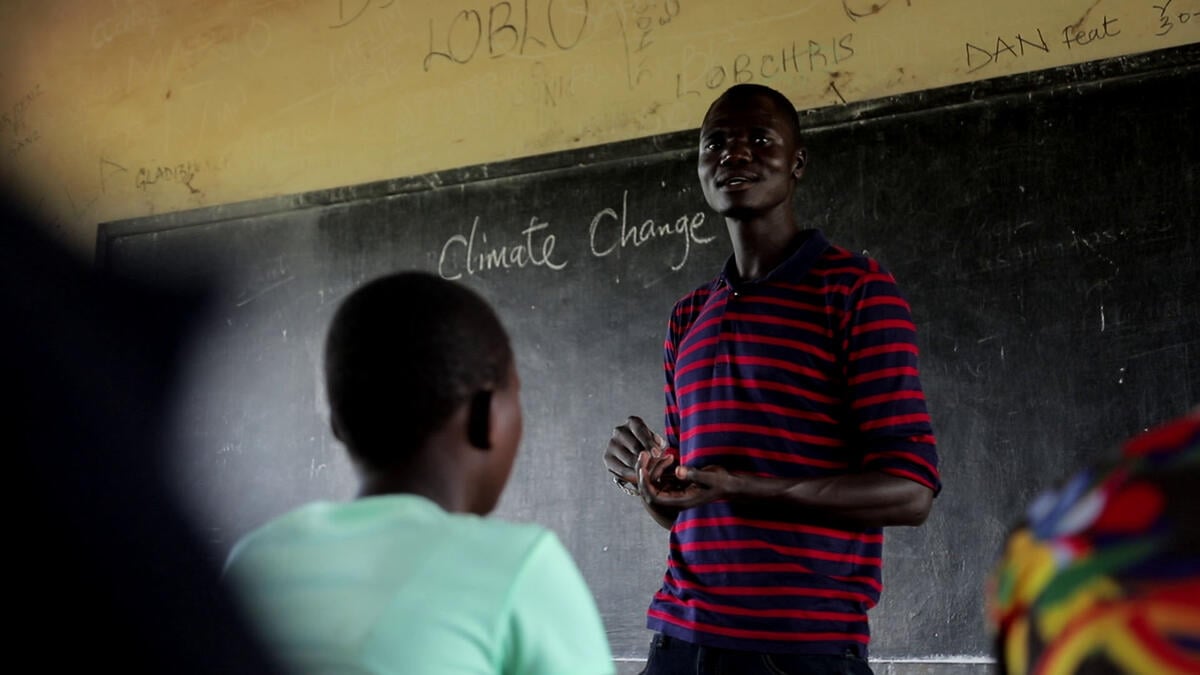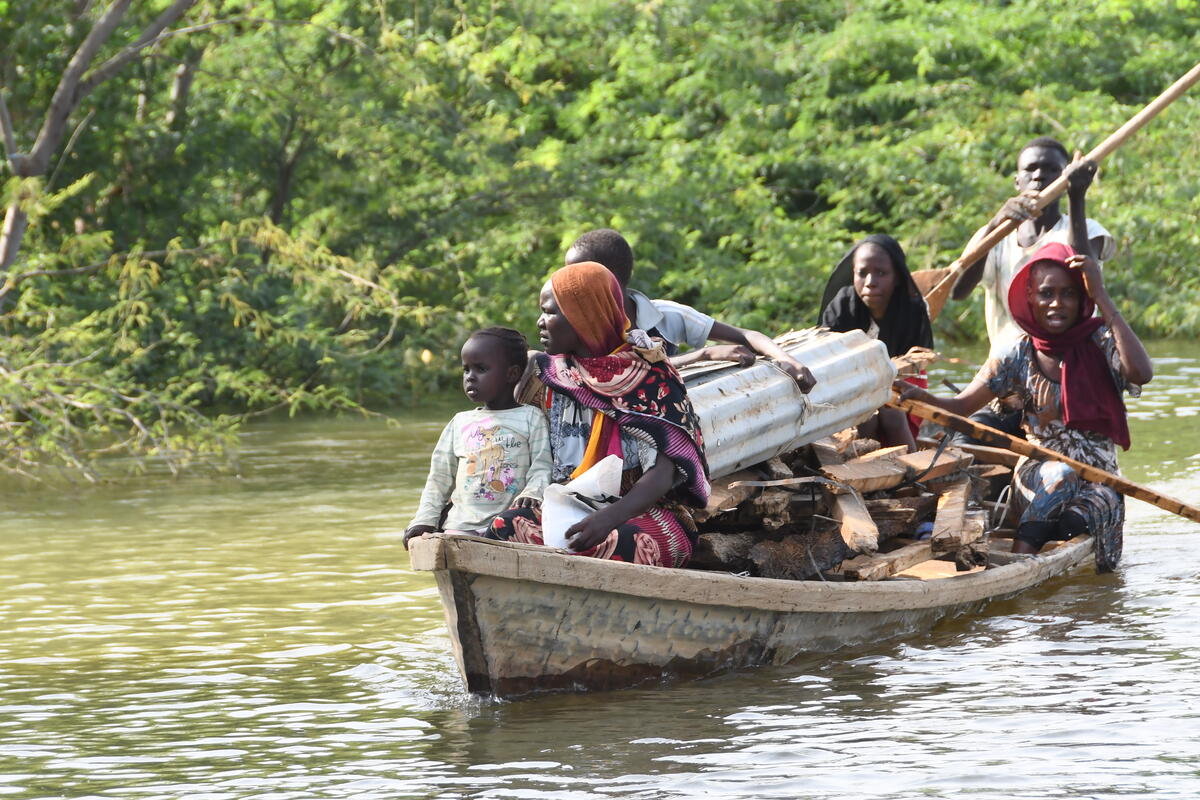One month after the earthquake, humanitarian needs persist in Ecuador
One month after the earthquake, humanitarian needs persist in Ecuador
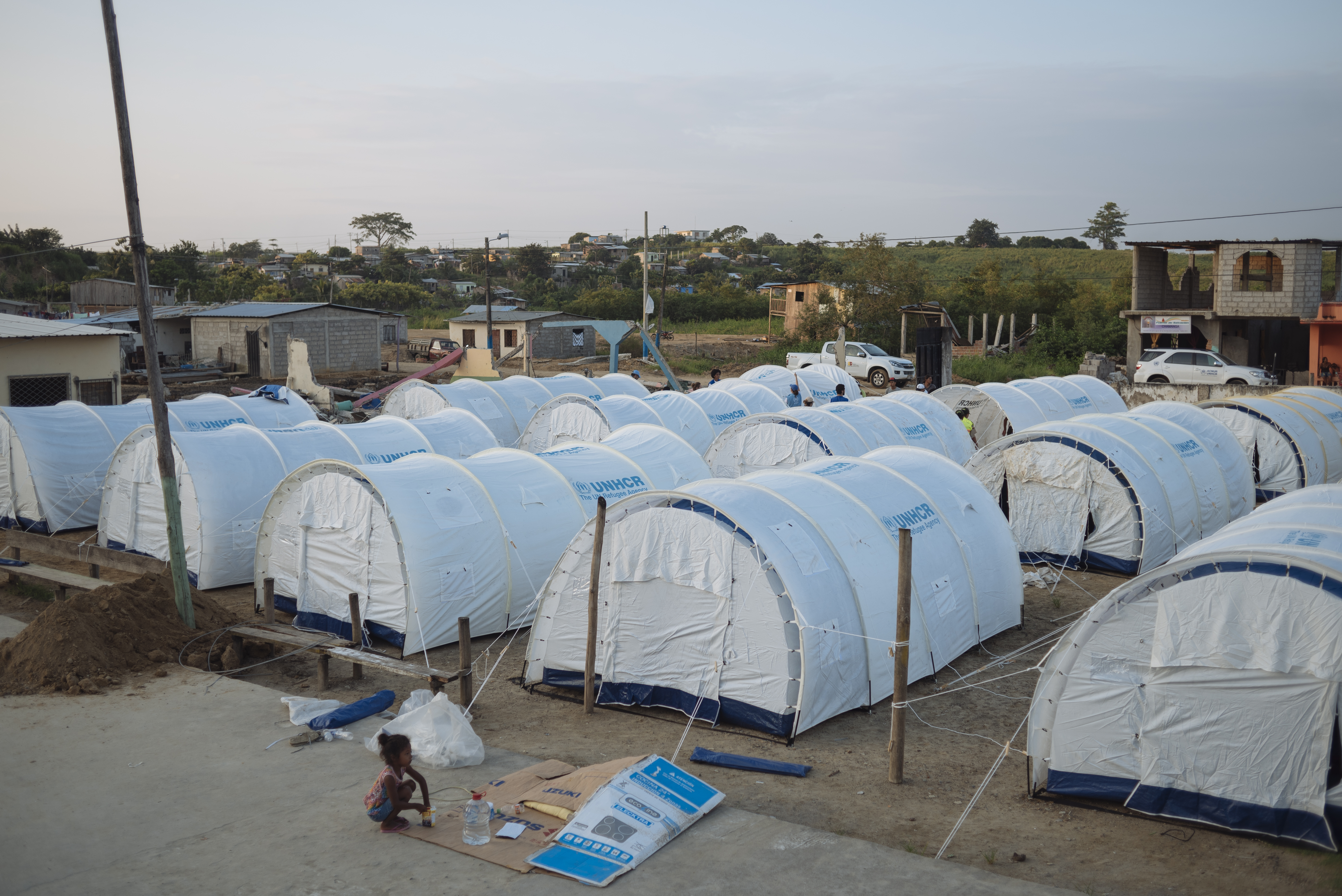
GENEVA, May 20 (UNHCR) – One month after the 7.8-magnitude earthquake that claimed the lives of over 650 people in north-western Ecuador, humanitarian needs in the country remain acute.
“People are struggling to rebuild their lives as aftershocks continue,” UNHCR spokesperson William Spindler told a news briefing in Geneva on Friday (May 20). “Two such aftershocks of 6.7 and 6.8 degrees occurred on May 18, causing one death, injuring some 90 people, and adding to widespread damage across the provinces of Manabí and Esmeraldas.”
According to official figures, some 73,000 people have been displaced as a result of the earthquake and are now living in organized shelters and camps, with host families, or in spontaneous sites.
“Over 30,000 people are currently staying in collective centres,” Spindler said. “Protection mechanisms need to be strengthened to minimize risks of violence and abuse, especially for women, girls and boys.”
Thousands of people are being hosted by vulnerable families whose resources are already overstretched, increasing the risk of tensions among the population. In addition, around 15,000 people have lost their identity documents, making it difficult for them to access basic services and social programs.

Over the past month UNHCR, the UN Refugee Agency, chartered two airlifts to provide immediate assistance to the most affected communities, including 900 tents, 50,000 sleeping mats, 7,000 kitchen sets and 18,000 mosquito nets.
UNHCR is also leading the protection response in Quito, the capital, and in Manta, Pedernales and Muisne, and working closely with local authorities to protect children and combat sexual and gender-based violence.
UNHCR is also supporting the Government’s efforts to reissue documents to those who have lost their identification, asylum and refugee documents, as well as property and land titles.
Some 17,000 refugees and asylum-seekers, mostly from Colombia, lived in the areas most affected by the earthquake and its aftershocks. The disaster has increased their vulnerability and added challenges to their local integration process.
Limited financial support is significantly hindering humanitarian operations underway in Ecuador, and UNHCR has urged donors to fund the Flash Appeal of US$73 million which was launched on 20 April to respond to the life-saving, protection and self-reliance needs of 350,000 people. The appeal is currently funded at only 15 per cent.
Earthquake appeal: help protect families in Ecuador

